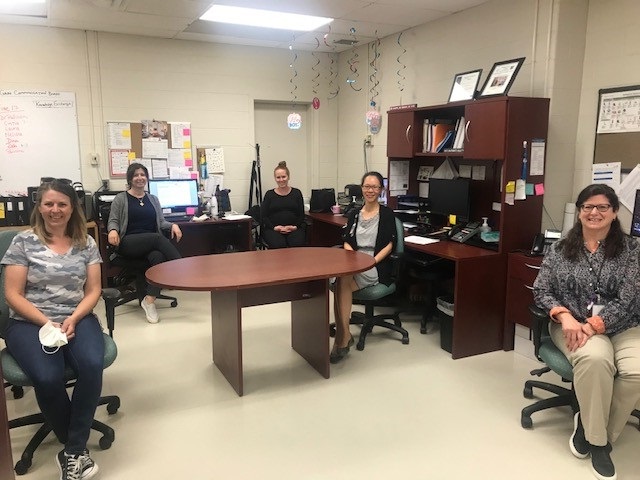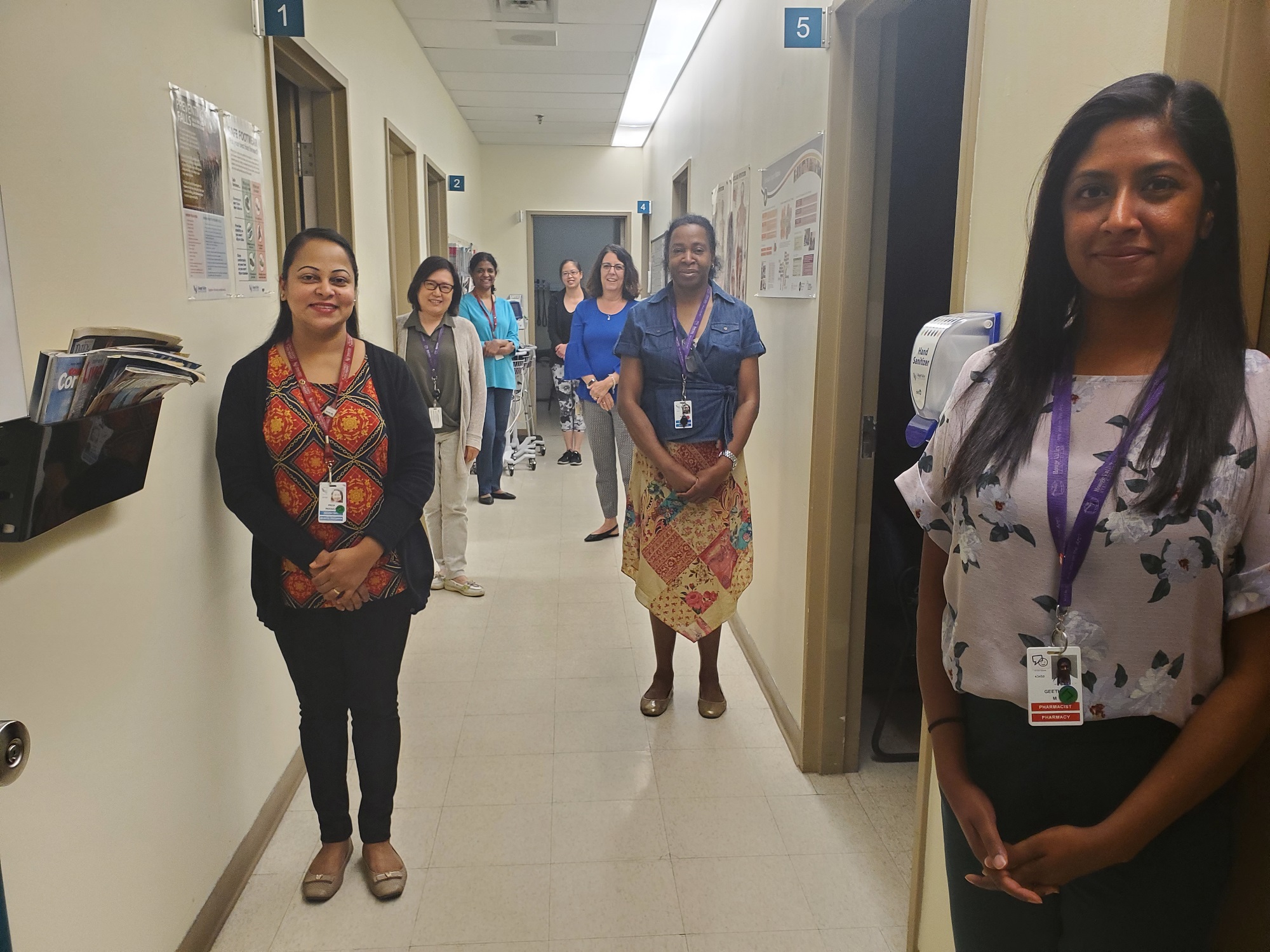SHN Geriatrician and Seniors Health lead on the collaboration for compassionate seniors care
In life, aging is a catalyst for change. Our bodies and minds transition from one phase of life to the next, collecting stories and storing memories of both good and bad, ease and hardship, trauma and joy. For those of us privileged enough to reach old age, the marks of a life lived create a map – not only for our friends and families to cherish, but also for health care providers to navigate.
Among them is Scarborough Health Network (SHN) geriatrician and Senior Health lead, Dr. Seda Rafilovich. Together with a team of specialists, they develop care plans and follow through to support the health and overall well-being of SHN’s more senior patients.
“Geriatrics is multifaceted and requires complex care systems to meet seniors’ unique needs.” Said Dr. Rafilovich. “That’s why we use a team approach to develop a care plan.”
The team approach to seniors’ health extends to community partnerships, where programs like the Geriatric Assessment and Intervention Network (GAIN) Clinic employs a network of coordinated health care services to provide clinical care and education to ensure the best care for frail seniors. The GAIN teams draw upon the expertise of nurse practitioners, physiotherapists, occupational therapists, social workers, pharmacists, collaborating geriatricians, and other specialists.
“We have a community of practice, where GAIN teams at our General and Centenary hospitals have huddles once a week.” Said Dr. Rafilovich. “Involving several perspectives allows us to share discoveries, and also creates a sense of camaraderie for everyone invested in geriatric practice.”
The investment in a varied team approach is critical for recognizing not just the physical health issues we commonly associate with old age, but acute social issues too. Within the context of assessment, geriatricians like Dr. Rafilovich can identify and address a wide range of complex issues such as financial instability and the emotional strain of loneliness and isolation.
“Being able to listen and absorb a patient’s history is an important part of geriatric care.” Said Dr. Rafilovich. “The stories I’ve heard, and the people I’ve met are incredible.”
Maps of our identities are marked by our history, but also our culture. As a proud first generation immigrant, Dr. Rafilovich knows this well.
“As a new Canadian, I was allowed to remain myself and maintain my identity.” Dr. Rafilovich recalled. “Now, being able to practice in the diverse community of Scarborough, I appreciate the opportunity to see how people live their lives in unique ways. It’s like travel from your office! It’s beautiful.”
As the range of programs offered at SHN grows to meet the needs of an aging population, seniors care remains a priority. Thanks to the collaborative work between SHN and other health care and community organizations, a network of supports extend the same quality in-patient care, to out-patient treatments and follow-up care at home.
More recently, Dr. Rafilovich credits her team with quickly adapting to the challenges presented by the COVID-19 pandemic. The creation of virtual visits and out-patient call monitoring have been a positive outcome resulting in the team’s ability to gain invaluable insight to patients’ home environments and maintaining the continuity of care.
“Our geriatric care team is truly amazing.” Said Dr. Rafilovich. “These advancements are going to have a huge impact on seniors’ health and continue to nurture full-blown geriatric care at SHN.”
 The GAIN team at SHN’s General hospital
The GAIN team at SHN’s General hospital
 The GAIN team at SHN’s Centenary hospital
The GAIN team at SHN’s Centenary hospital
The Geriatric Assessment and Intervention Network (GAIN) Clinic is a regional collaboration between SHN, Lakeridge Health and Peterborough Regional Health Centre, as well as the Home Care Services through the Central East Local Health Integration Network.
The GAIN Clinic also works closely with many other organizations including the Alzheimer Society of Ontario, Transcare Community Support Services and Scarborough Centre for Healthy Communities to support our patients and their families.

